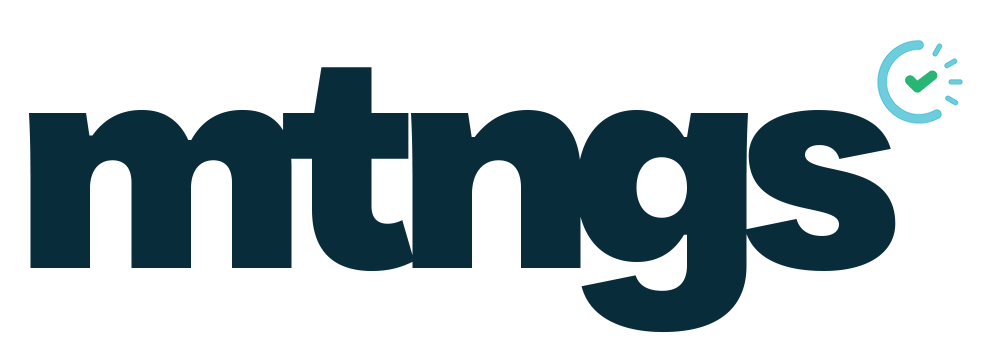The problem isn’t the meeting, it’s the setup.
Most teams don’t struggle with meetings themselves. They struggle with getting them started. Whether it’s project planning, stakeholder alignment or weekly team check-ins, the real delay isn’t the discussion. It’s figuring out when the discussion can happen.
For anyone who’s had to schedule a group meeting, the process is painfully familiar. Propose times, check calendars, wait for replies, send reminders, repeat. And when you finally land on a slot, someone has a conflict and you’re back to square one.
That cycle isn’t just inefficient, it’s unnecessary. Because the truth is, your meeting app shouldn’t just help you log events. It should help you book them, too.
Scheduling is no longer just a calendar problem.
Modern organizations aren’t short on digital tools. Calendars are shared. Team availability is visible. Scheduling links are everywhere. But even with all these tools, most teams still coordinate meetings manually.
The issue isn’t access, it’s orchestration. Your calendar knows when you’re free. So does your team’s. But very few tools are capable of pulling that information together, making decisions based on collective availability and booking time intelligently. That’s where most “meeting apps” fall short. They’re passive. They wait for input. They don’t solve the problem, they just document it.
Enter the next generation of smart group schedulers powered by intelligent systems that don’t just check availability, they act on it.
The science behind intelligent scheduling
In a 2020 study published in Decision Support Systems, researchers explored the use of agent-based systems to autonomously coordinate meetings. These systems treated each participant as a digital “agent” with preferences, priorities and constraints. Instead of relying on a central coordinator, the agents negotiated among themselves to find the optimal time.
What made this system powerful wasn’t just that it could find a slot, it was that it didn’t need humans to do it. The scheduling happened behind the scenes. Automatically. Efficiently. And with far fewer messages, reminders and wasted cycles.
While this research focused on academic and enterprise use cases, the implications are clear. When meetings can be scheduled autonomously, coordination costs plummet and collaboration gets faster.
Group schedulers that think ahead
This is the direction more tools are starting to move. Group scheduling solutions are becoming smarter, not just in identifying open times, but in understanding context. Some are beginning to factor in time zones, workload balance and even meeting fatigue to suggest optimal windows.
Imagine your meeting app detecting that four out of five team members are available Thursday at 10am and automatically reserving that time with a light-touch confirmation. Or auto-rescheduling a standup because a key stakeholder is out without anyone lifting a finger.
This isn’t just about saving clicks. It’s about respecting focus. About letting teams collaborate without getting stuck in logistics. About moving from booking time to spending it wisely.
What happens when scheduling disappears
When your meeting app becomes an intelligent group scheduler, something interesting happens. Meetings don’t just get easier, they get better.
They start on time. They include the right people. They happen at moments that work for the team, not just for the loudest voice or most persistent scheduler. Most importantly, they no longer take up hours of invisible work. And that gives your team back the one resource they can’t buy more of, time.
In the next post, we’ll explore how to evaluate the growing ecosystem of smart scheduling tools. We will also include there how to know whether a meeting app is truly smart or just dressed-up manual work.




